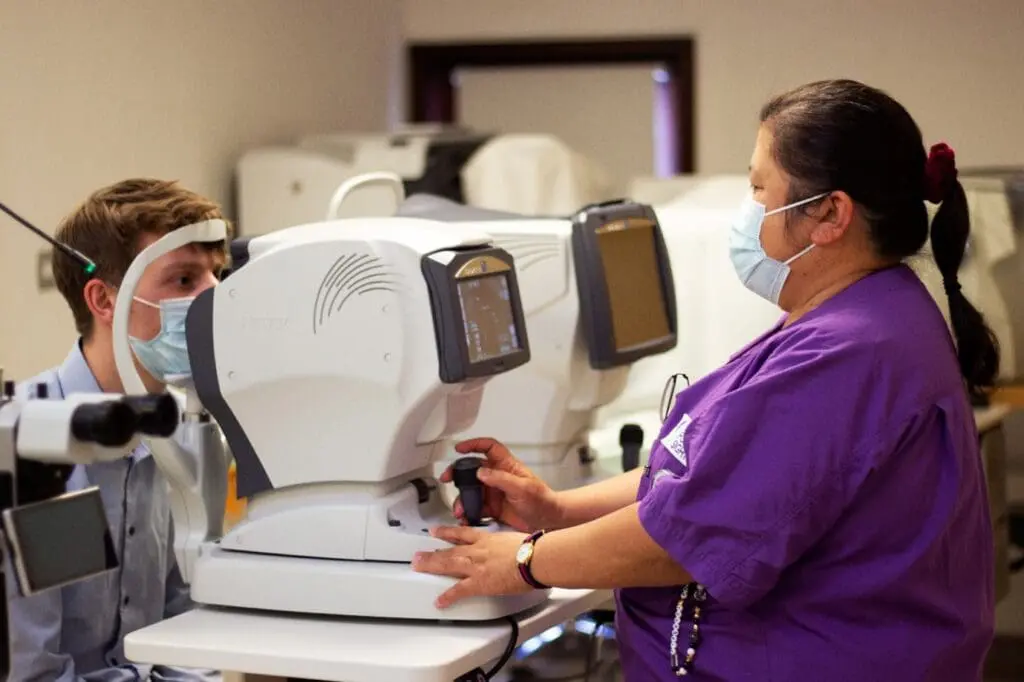Centre for Sight Awarded Good CQC Rating

We recently had a Care Quality Commission (CQC) Inspection in our London clinic and are very pleased to announce that we received an overall rating of Good. We are proud to share this rating from the CQC with our patients and industry professionals that demonstrates our passion for and devotion to providing high quality services.
The CQC, as an independent regulator of health and audit social care in England, ensure that patients receive safe and fair treatment from health care providers, private or NHS alike. These inspections ensure patients assess the ever-changing requirements of patients and ensure that health-care providers are maintaining high standards.
The CQC inspect services to ensure they are Safe, Effective, Well-led, Caring and Responsive. Centre for Sight has been rated good across these domains.
Regular monitoring, inspections, and assessments are performed for all health care locations, where there are rigorous checks of all areas of the organisation. Centre for Sight are proud to have held a Good standard by governing boards for many years, and look forward to future inspections demonstrating our efforts to maintain this high quality standard of service we provide for our patients. The new method by the CQC aims to bring a tighter inspection with a more people-centred approach to healthcare.
Centre for Sight are very pleased to have performed so well in these rigorous checks and monitoring, providing the safest environment for our patients.
